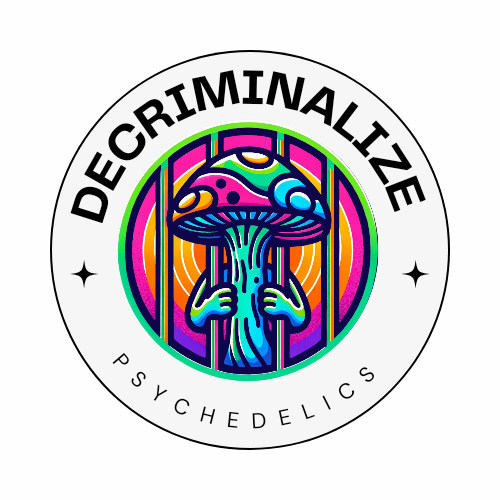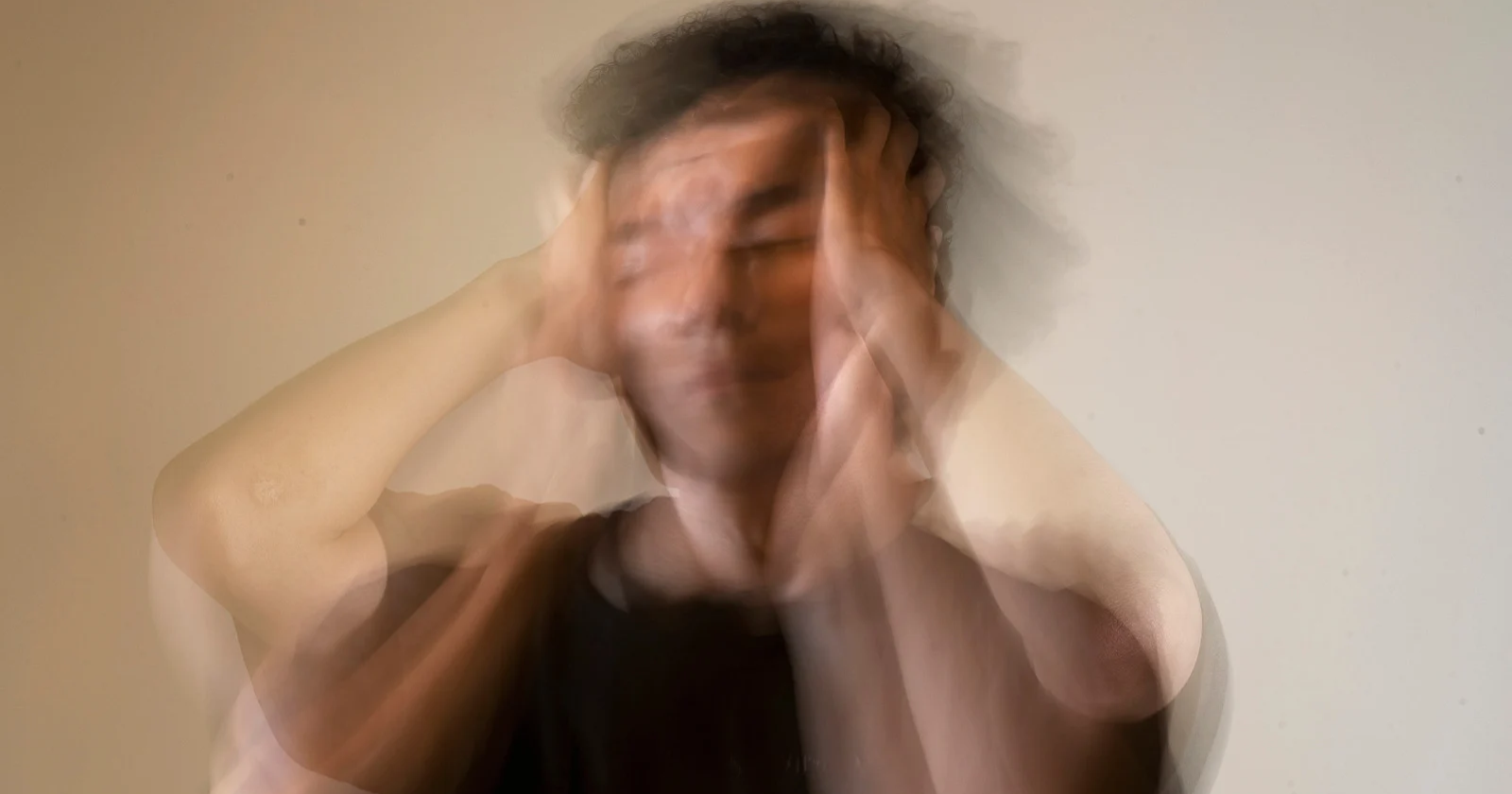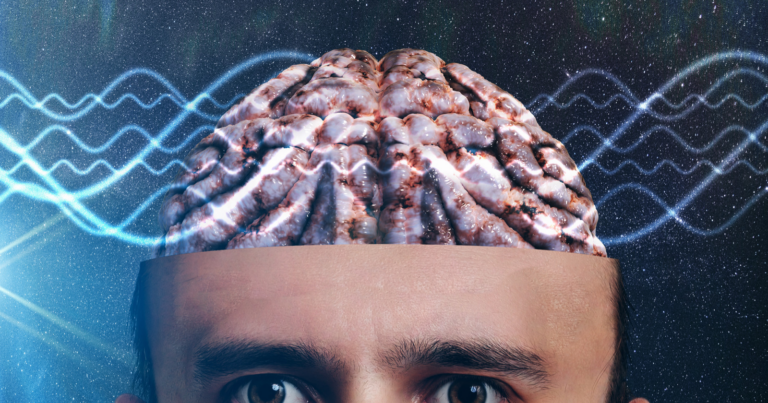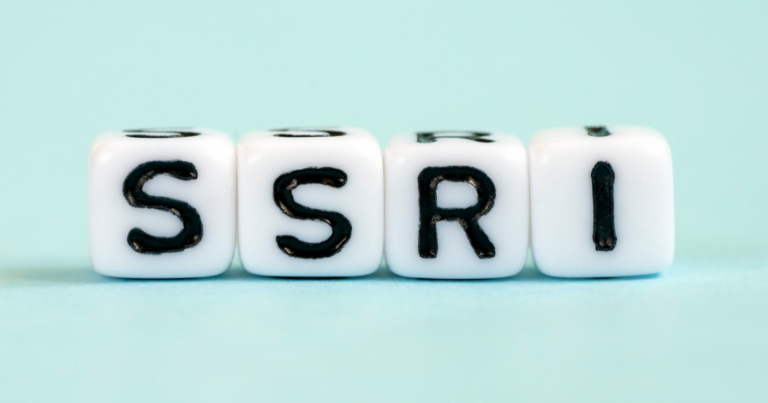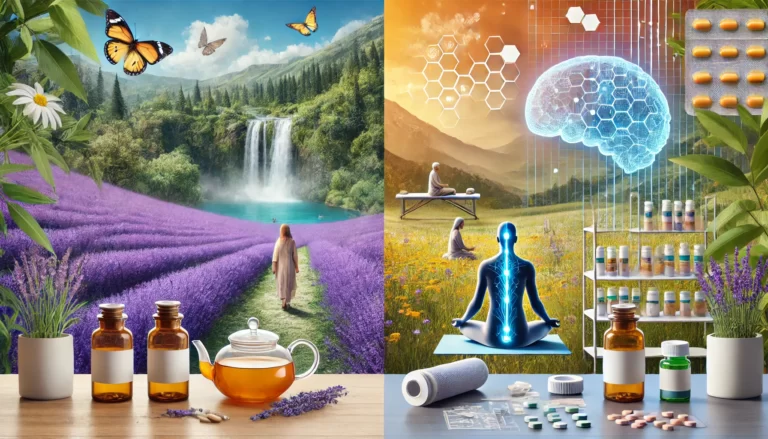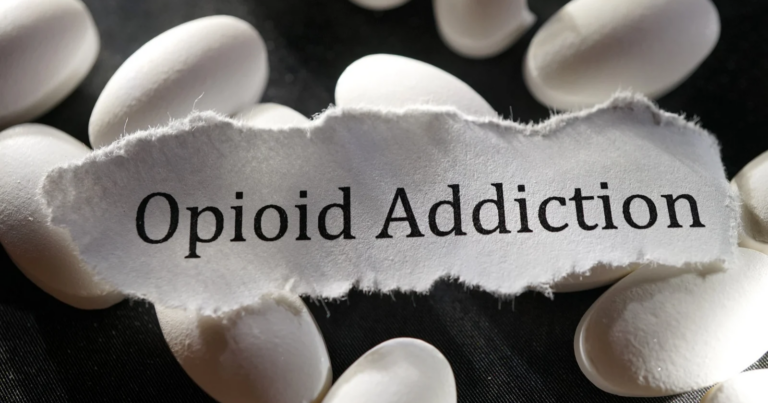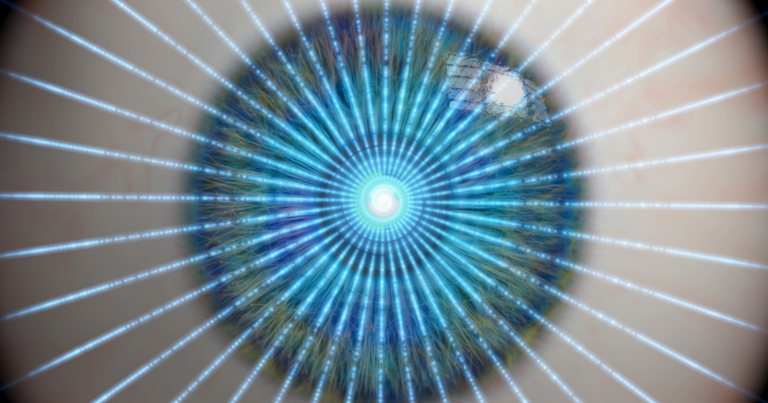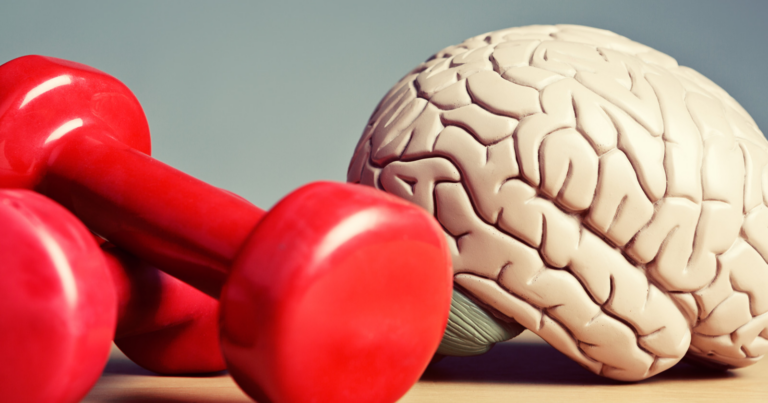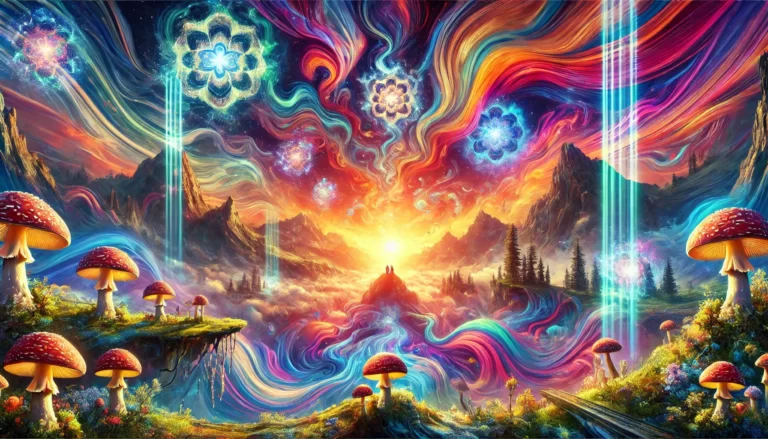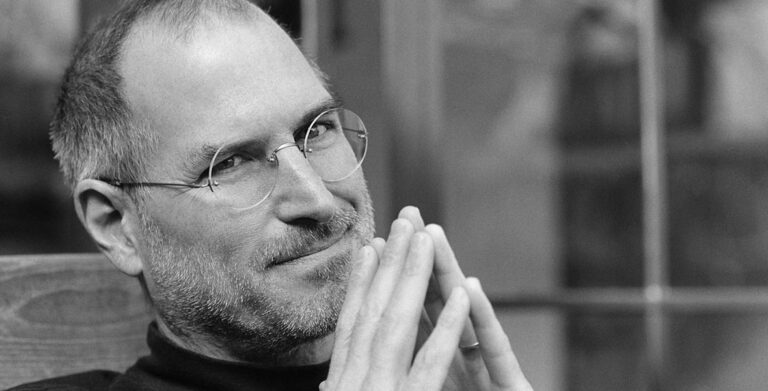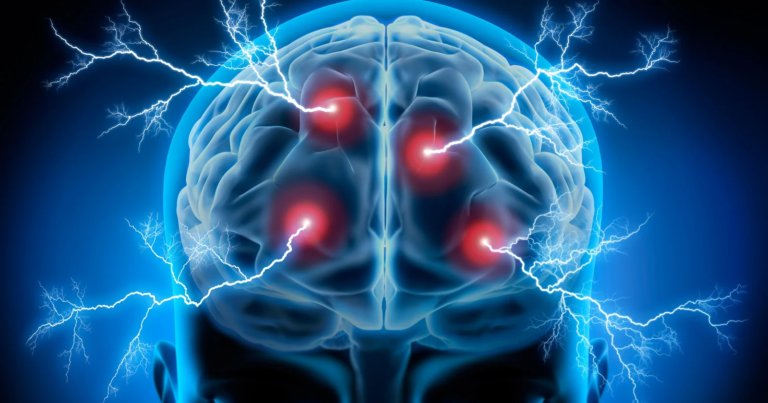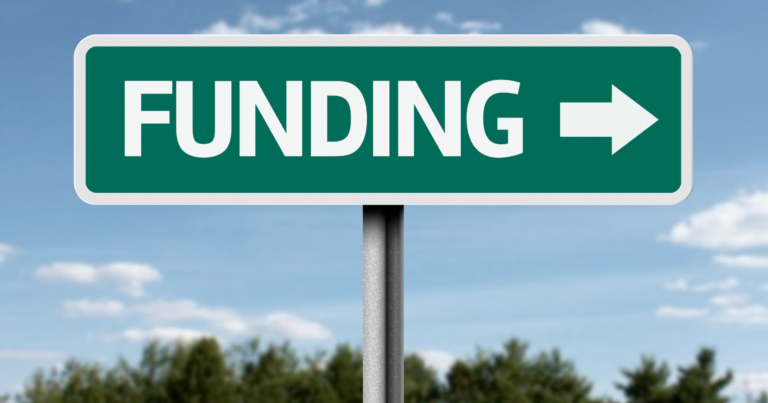Depression is a beast many of us grapple with.
Often, traditional remedies don’t seem to cut it.
Enter Psilocybin, a naturally occurring compound found in certain types of mushrooms.
This little-known substance is showing promising signs in the battle against depression.
Here, we’ll explore seven ways Psilocybin could potentially help in healing.
1) Neuroplasticity enhancement
Depression has a way of making us feel stuck in our thoughts, a cycle that seems impossible to break.
But what if we had a tool to help us shift and reshape these thoughts?
Enter Psilocybin and its potential role in enhancing neuroplasticity.
Neuroplasticity refers to our brain’s ability to change and adapt over time.
It’s how we learn new skills, form memories, and recover from brain injuries. But it also plays a vital role in our mental health.
Research suggests that Psilocybin could potentially stimulate neuroplasticity, allowing our brains to forge new paths and break free from the depressive cycles.
This isn’t about following the crowd, but about giving your mind the chance to change its course, to choose a different path.
A path that could potentially lead away from depression.
Psilocybin seems to offer the possibility of such a path, providing hope where traditional treatments might have failed.
But remember, it’s essential to approach such treatment under professional guidance to ensure its safety and effectiveness.
2) Personal experience with microdosing
Once, I found myself in a constant battle with depression.
Traditional treatments and therapies helped, but not enough to bring me back to being my old self.
I was still stuck in a rut, unable to break free from the gloomy cloud that seemed to follow me everywhere.
That’s when I stumbled upon Psilocybin and its potential benefits in treating depression.
Intrigued, I decided to give it a try.
I started microdosing under the guidance of a professional.
Microdosing involves taking a very small amount of Psilocybin, not enough to cause any psychedelic effects, but sufficient to possibly influence mood and cognition.
Slowly but surely, I noticed subtle changes.
My thought patterns started shifting. I felt less stuck in my depressive state and more open to experiencing joy and positivity.
I found myself smiling more often, reconnecting with loved ones, and even picking up old hobbies that I had lost interest in.
The world started brightening up again.
Now, remember, this is my personal experience and everyone responds differently to different treatments.
But I share this hoping it offers another perspective on the potential of Psilocybin as a tool against depression.
Always consult with a professional before beginning any new treatment regimen, including microdosing with Psilocybin.
3) Rewiring the Default Mode Network
The Default Mode Network (DMN), part of our brain’s system, is like our “autopilot.”
It’s active when we’re not focused on the outside world and our mind is wandering.
Some studies suggest that an overactive DMN could be linked to feelings of depression, self-criticism, and even anxiety.
Here’s where Psilocybin steps in:
Research indicates that it could potentially ‘reset’ the DMN, leading to decreased depressive symptoms.
This “reset” doesn’t mean wiping the slate clean.
Instead, it’s more like a recalibration of your brain’s network, providing a fresh start to break away from depressive thought patterns.
Psilocybin’s potential to influence such a fundamental part of our brain functioning provides a unique approach in tackling depression.
It’s another example of how this naturally occurring compound might offer new hope in the fight against mental health disorders.
Remember, while these findings are exciting, they are still in their early stages.
Always consult with a healthcare professional when considering new treatment options for depression.
4) Psilocybin’s Potential in Reducing Existential Distress
Depression often brings along existential distress – a deep-seated anxiety about the meaning of life, death, freedom, and isolation.
It’s like a dark cloud casting shadows over our very existence.
Psilocybin, interestingly, has shown potential in easing this distress.
Studies on terminally ill patients have indicated that Psilocybin-assisted therapy could potentially reduce feelings of existential dread, thereby significantly improving the quality of life.
Imagine being able to lift that weight off your chest, to look at life with a renewed sense of purpose and peace.
No more feeling lost or questioning your existence.
While this may not directly target depression, easing existential distress could significantly reduce depressive symptoms and improve overall mental well-being.
However, it’s important to note that Psilocybin-assisted therapy should always be conducted under the supervision of trained professionals to ensure safety and effectiveness.
5) Breaking Free From Negative Thought Patterns
There were days when I felt like I was drowning in a sea of negative thoughts.
They would circle around like a whirlpool, pulling me deeper into the murky depths of depression.
Psilocybin, in my experience, acted like a lifeline.
Research suggests that Psilocybin can disrupt these negative thought patterns, providing a much-needed break from the incessant downpour of negativity.
It was like being able to come up for air after being underwater for so long.
For me, this was game-changing.
It allowed me to start challenging these negative thoughts, questioning their validity instead of accepting them as truth.
Over time, I realized that these thoughts were not my reality, and I didn’t have to let them control my life.
It’s essential to remember that this treatment option may not be suitable for everyone and should always be explored under the guidance of a professional.
6) Enhancing Emotional Responsiveness
Depression often acts like an emotional dampener, dulling our ability to feel joy, sadness, excitement, or even love.
It’s like living life in grayscale when you know there’s a world of vibrant colors out there.
Studies suggest that Psilocybin could potentially enhance our emotional responsiveness.
It may help revitalize our capacity to feel and express emotions, bringing back the color into our lives.
Imagine being able to genuinely laugh again, to feel the thrill of anticipation or even the cathartic release of a good cry.
Psilocybin might help to unlock these emotions, making us feel more connected to our inner selves and the world around us.
But it’s important to remember that while these findings are promising, they are still preliminary.
Always consult with a healthcare professional before embarking on any new treatment journey for depression.
7) The Importance of Guided Therapy
Psilocybin is not a magic bullet for depression.
It’s a tool, and like any tool, it needs to be used correctly to be effective.
The most important thing to understand is that Psilocybin’s potential benefits in treating depression are often seen in combination with guided therapy.
It’s not about taking a “magic mushroom” and waiting for your depression to disappear.
Working with a trained professional helps ensure a safe and beneficial experience.
They can guide you through the process, provide support during the experience, and help you integrate the insights gained into your everyday life.
Remember, mental health treatment is a journey, not a destination.
It’s about finding the right tools and support to help you navigate this journey towards healing and recovery.
It’s a journey
Depression is more than just feelings of sadness or despair.
It’s a complex mental health disorder that can have profound impacts on a person’s life.
In this quest to alleviate depression, Psilocybin emerges as a potential ally.
With its ability to enhance neuroplasticity, disrupt negative thought patterns, reduce existential distress, and enhance emotional responsiveness, it shows promise.
But remember, Psilocybin is not a stand-alone solution.
Its potential benefits are seen when combined with guided therapy, used as a tool in the repertoire of mental health treatments.
It’s about exploring new paths, opening ourselves to alternative possibilities, and finding the right combination of tools to navigate our unique journey towards healing.
And as we move forward, let’s remember that it’s okay to seek help. It’s okay to explore new treatment options.
And it’s okay to hope for a brighter tomorrow.
Let us continue this conversation on mental health with empathy, understanding, and an open mind.
After all, every step we take in understanding and treating depression brings us closer to a world where mental health is prioritized and stigma-free.
